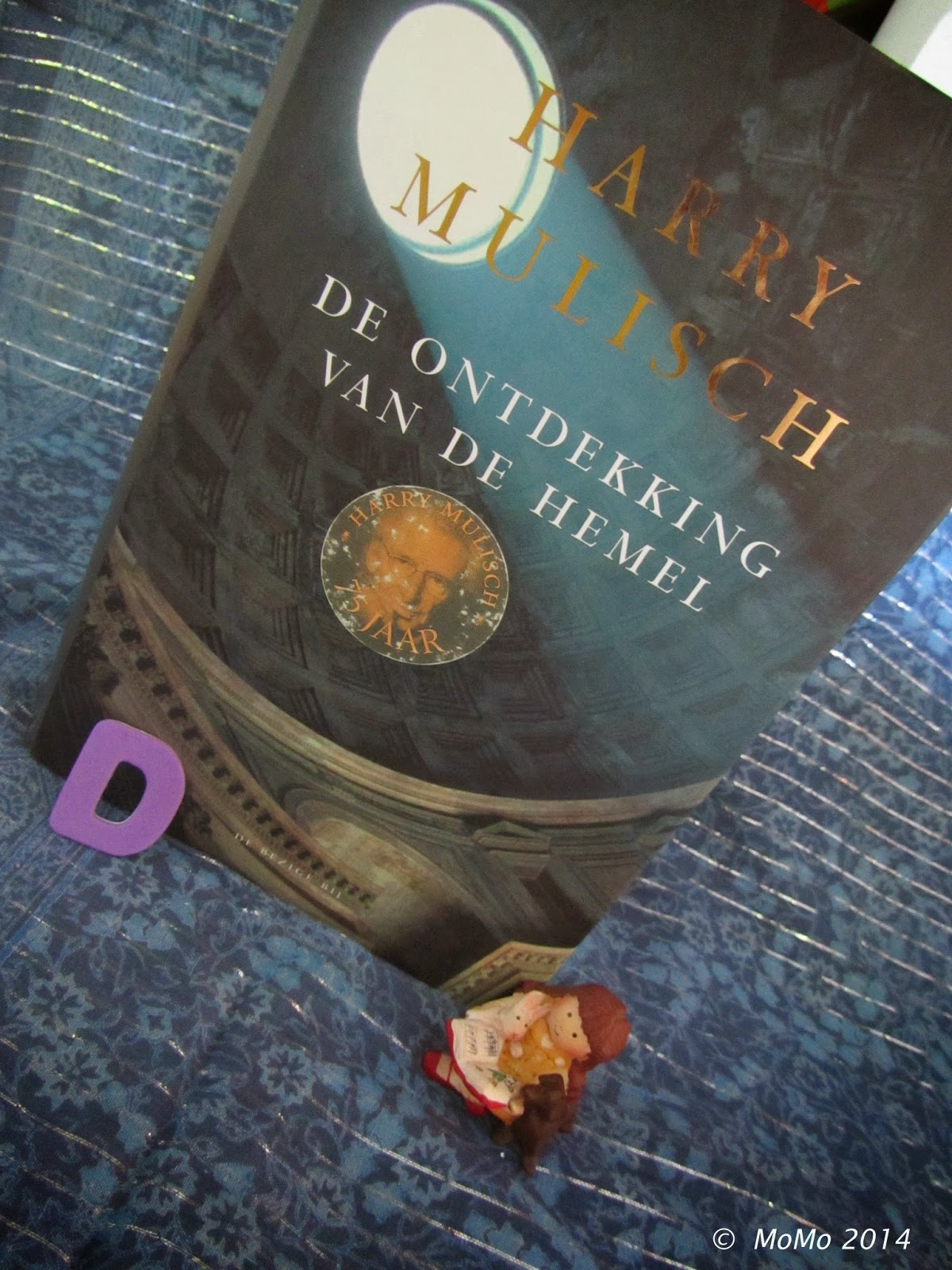Sefton, Maggie "Knit One, Kill Two" - 2005
Read this with an online book club. I must say, this is not my type of literary, too simple, too obvious, too much sports. And I don't need dozens of pages explaining to me how to knit, I know that already and I doubt anybody would learn it through that. Maybe someone would feel inspired to learn it and if someone does then I'd say, go for it.
Maggie Sefton has written a whole series of these "
Kelly Flynn Mysteries" but I doubt I will read any of the others, even though I admire her titles.
Knit One, Kill Two, June 2005
Dying to Sell, October 2005
Needled to Death, December 2005
A Deadly Yarn, August 2006
A Killer Stitch, May 2007
Fleece Navidad, October 2008
Dyer Consequences, June 2009
Skein Of The Crime, June 2010
Dropped Dead Stitch, June 2010
Double Knit Murders, November 2010
Unraveled, June 2011
Cast On, Kill Off, June 2012
Close Knit Killer, June 2013
Yarn Over Murder, June 2014
The fact that she churns out more than a book a year on average might show her enthusiasm for the stories but I doubt that it is a sign for any quality of the writing.
From the back cover: "
Despite the fact that her aunt was an expert knitter, Kelly Flynn never picked up a pair knitting needles she liked - until she strolled into House of Lambspun. Now, in the first in a brand-new series, she learns how to knit one, purl two, and untangle the mystery behind her aunt's murder. - Kelly Flynn would be the first to admit her life in Washington, D.C., is a little on the dull side. But coming back to Colorado for her beloved aunt’s funeral wasn’t the kind of excitement she was seeking. The police are convinced that her Aunt Helen’s death was the result of a burglary gone bad, but for the accountant in Kelly, things just aren’t adding up. After all, why would her sensible, sixty-eight-year-old aunt borrow $20,000 just days before her death? With the help of the knitting regulars at House of Lambspun, Kelly’s about to get a few lessons in cranking out a sumptuously colored scarf - and in luring a killer out of hiding."





















